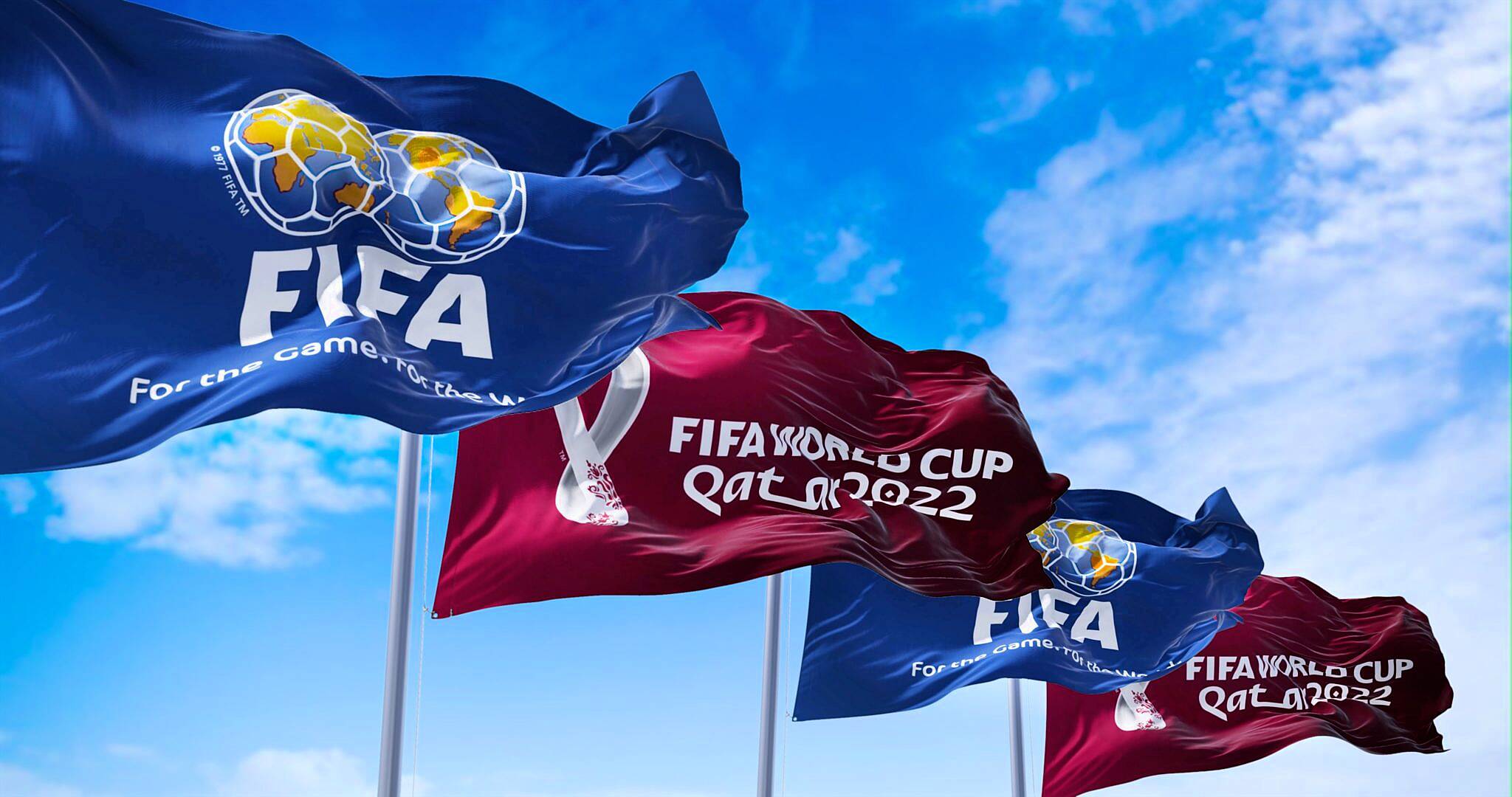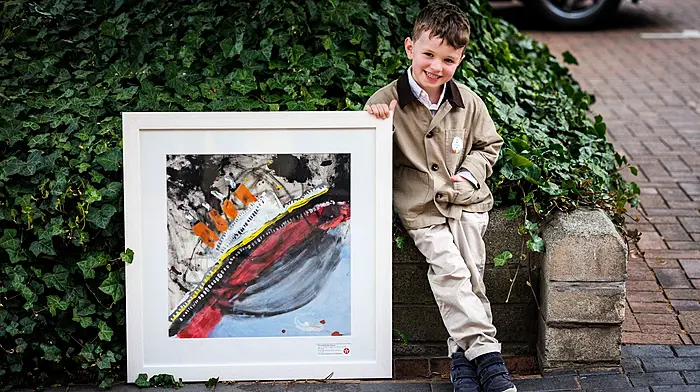IT’S the biggest show on Earth. Billions tune in every four years to watch. Players give their all to get a chance to play. Football executives give their all to get a chance to host…
The World Cup kicks off this Sunday at 4pm as hosts Qatar welcome Ecuador to the Al Bayt stadium in what might be the least-anticipated World Cup opener of all time.
But why?
Why is this year’s tournament so full of controversy before a ball has even been kicked? Why is the World Cup in Qatar, and why in December?
On the pitch who has the best chance of winning? Who could spring a surprise and who will be the star of the show?
This guide should answer all these questions and hopefully more.
 (Photo: rarrarorro/Shutterstock)
(Photo: rarrarorro/Shutterstock)Why is the World Cup in Qatar?
The short story is that Qatar won the bid to host the competition back in 2010, pipping the likes of Australia and America. The long version involves a whole load of corruption, perhaps best told by Netflix with their new documentary on the rise (and fall) of FIFA as an organisation.
FIFA have historically been one of the most corrupt sporting organisations around, with multiple members of their executive committee either accused or found guilty of taking bribes and siphoning off funds for themselves.
In the build up to the vote for this tournament, FIFA themselves suspended two members on suspicion of corruption.
The US Department of Justice alleges that money exchanged hands to ensure Qatar won their bid. Qatar denies any wrongdoing.
Why is the World Cup on in the winter?
The World Cup is usually one of the best beer garden activities, so why is it on in the winter? Summer temperatures in Qatar can go above 45 degrees - not ideal weather conditions to run around in.
That led to FIFA needing to shift the World Cup to winter to allow for safer conditions for players and fans. The decision has been controversial, however, with many leagues across the world now suspended for the next 6 weeks.
It’s expected to be only 27 degrees in Qatar on Sunday - chilly!
Why are people less excited than usual?
 NEPAL - MARCH 05, 2022: family members cremate the body of Kripal Mandal, a Nepali labourer who died at the age of 39 in Qatar, where employers are accused of exploiting migrant workers.(Photo: Sebastian Castelier/Shutterstock)
NEPAL - MARCH 05, 2022: family members cremate the body of Kripal Mandal, a Nepali labourer who died at the age of 39 in Qatar, where employers are accused of exploiting migrant workers.(Photo: Sebastian Castelier/Shutterstock)
Where do you start?
First of all, the winter timing has led to much less build up than usual. People are too busy worrying about the cost of electricity to think about which teams to shout for, and at a moment in time where the big leagues across Europe have well and truly kicked into gear it seems a shame to have to switch our attention to something else.
More importantly, Qatar is a country with a less than adequate human rights record, horrible attitudes towards women and the LGBTQ+ community and much of the infrastructure for the World Cup was built off the back of a system described by human rights organisations as ‘modern slavery’.
Qatari officials have said that they are willing to accept anyone at the tournament, but have also advised against gay people holding hands in the street for fear of their safety.
Physical punishment is somewhat of a norm, as Qatari Dr Nasar Mohamed pointed out in a recent interview: ‘The more feminine you are, and poorer you are, the more severely persecuted. [Torture] exists, but also state-mandated conversion therapy, this is a huge thing.’
Remember that awful summer heat? Well migrant workers had to work long days in the beating sun to build the stadiums and infrastructure in order for Qatar to host the tournament.
These people were often lured from poor communities in countries like Bangladesh and Nepal to Qatar under false pretences by agencies who promised a better life.
Once they arrived they had their passports taken away and were reliant on their employers for food and shelter, which was often inadequate at best.
Many migrant workers have died while in Qatar building the World Cup. Qatari officials refuse to release data, so any numbers are an estimate, but Amnesty International have said the real number is likely much higher than the 6,500 reported by The Guardian.
The list could go on.
There have already been videos of members of the press being ‘asked’ to switch off their cameras while reporting on these issues. What the rest of the tournament will bring is anyone’s guess.
What will happen on the pitch?
You have to feel a little bit sorry for the players. Playing in a World Cup is a dream for every one of them, and the location of the tournament shouldn’t overshadow what is a huge moment for them.
There are great stories waiting to happen across the spectrum.
Like the story of Garang Kuol, an 18-year-old Australian who has yet to start a single professional league fixture but looks like he has the potential to be a star. Or Youssoufa Moukoko, who only turns 18 the day the tournament kicks off and could be the reason Germany have a successful run to the final.
 Messi has struggled with pressure in previous World Cups. (Photo: Asatur Yesayants/Shutterstock)
Messi has struggled with pressure in previous World Cups. (Photo: Asatur Yesayants/Shutterstock)
Can Lionel Messi inspire Argentina to a win á la Maradona in his final international tournament? Will Ronaldo again step up for Portugal?
And who will win?
You could easily make a case for five or six teams.
France and Brazil look to be the two stand-out favourites, but both have question marks surrounding them which will give hope to the others.
Paul Pogba will be missing for France and, despite his poor club form over a number of years, will be a big loss.
Brazil have flattered to deceive in recent times but look to have found the perfect supporting cast for Neymar, who is still one of the best players in the world when he wants to be.
Germany, Spain, England and Messi’s Argentina all look geared towards making a run to the final as well, while this year’s dark horses could be Denmark.
Best places for comprehensive coverage:
If you want to follow the action but don’t know where to start, look no further than The Athletic, who provide articles and podcasts at a superhuman rate, covering everything from the off-field issues to which team is tactically superior to the rest.
You’ll also find great coverage in podcast form through Stadio and The Guardian Football Weekly.
And one of the best things about the World Cup is that it is free-to-air, which means wherever you are in the world, you should be able to watch any game you want.
That's if you're watching at all...










